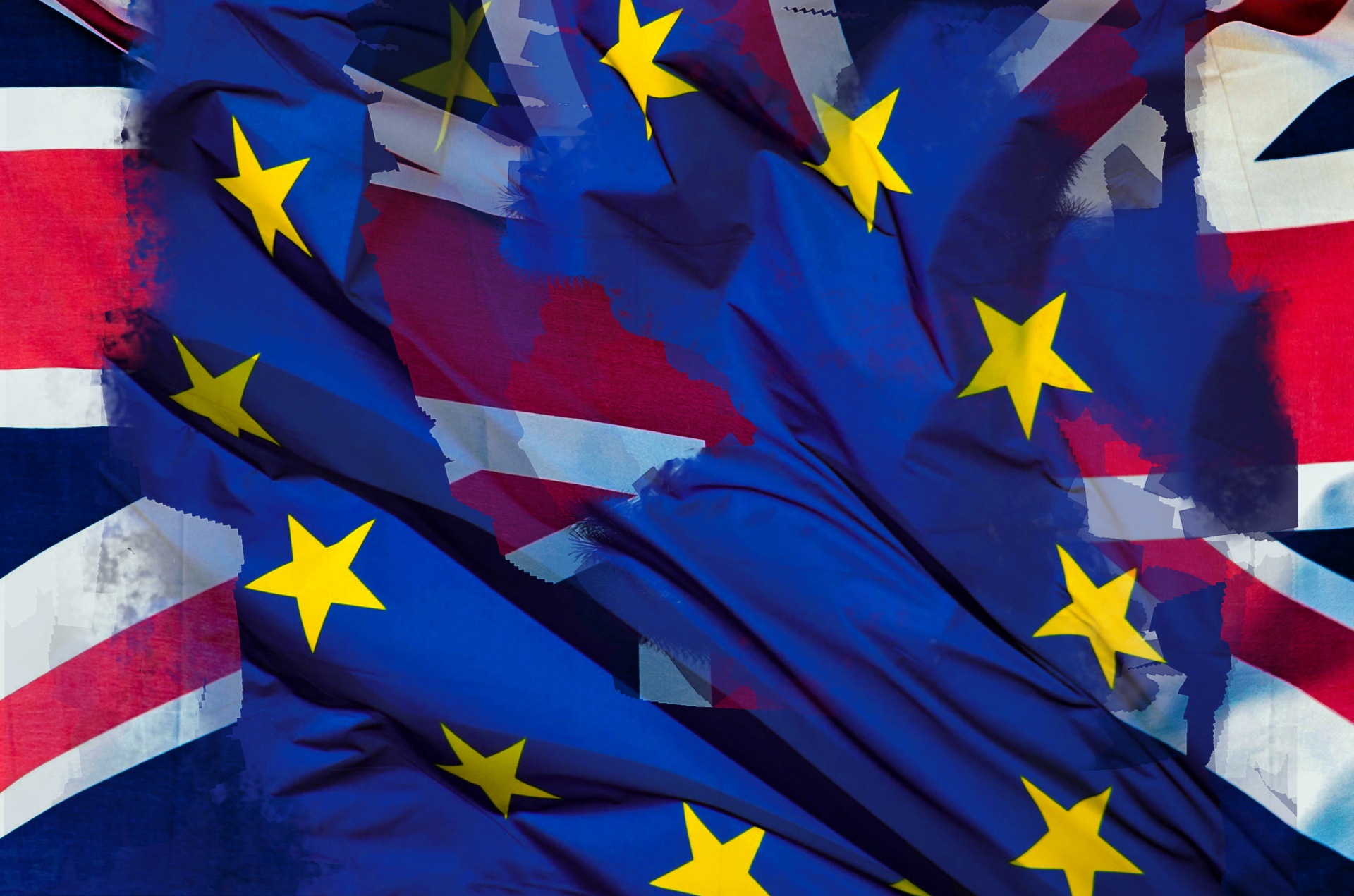It is undeniable that a large part of the Leave vote in the referendum over the UK’s membership of the EU was about the perceived effects of immigration.
It did no good to argue that it is globalisation and the current government’s austerity policies that lead to the under-funding of public services and stagnating wages in insecure jobs, rather than the EU. Of course the EU bears part of the blame but the greatest part of the blame must lie with the policies of the UK’s national government. It was just not true to say that national governments had no room to act as part of the EU. In most policy areas, the UK government has been very much in control.
A country attracts immigrants when it is short of labour and with 5% unemployment (if the official statistics can be believed) then this is the classic definition of full employment as far as economists are concerned and so it is no wonder that the UK needed immigrants to do some of the work generated by a buoyant economy.
However there are areas where government action could help unemployed Britons and either slow down the immigrant flow or make it easier for immigrants to be absorbed. Unfortunately none of these are quick fixes.
Vocational training
The UK, as part of austerity policies, has reduced the amount of vocational training available since it is cheaper to employ ready-trained people from abroad. On an individual business level this makes sense, but as a national policy it is wrong to poach trained personnel and not to invest in your own population. College places and training levies could all help in this area and indeed improvements are already planned in this area.
Immigration hot spots
Immigrants tend to cluster. The temporary (because immigrants make a net contribution to public finances) pressure this puts on public services was recognised by the previous government and funding made available to alleviate it. However this funding was stopped by the current government. It ought to be re-introduced.
Intercultural understanding
The rise in racist attacks immediately after the vote is very troubling.
There is no doubt that many Leavers voted in anger. A few voted in the honest expectation that the UK belongs outside of the EU, but the majority did so out of anger and a yearning for a return to an imagined golden age of full employment, jobs for life and a well-funded public sector that would take care of you in times of trouble.
The anger was often directed at immigrants. The EU created the freedom for people to move around the EU in pursuit of work and the most popular EU country to migrate to is the UK. (It is also the most popular country to migrate from!) It was therefore easy to make the connection between worsening public services, especially in education, housing and health, and increased migration. For successive governments that have campaigned on a platform of reducing public spending, immigrants were a convenient scapegoat for worsening services. Studies are showing the bottom line value of a diverse workforce for individual businesses and organisations as well as the net contribution to public finances by EEA migrants (though the latter is not easy to calculate).
Dr Katharina Lefringhausen has argued that ill-will to immigrants is borne out of a lack of confidence in one’s own cultural values. Her argument is that if the host culture is encouraged to feel more confident and positive about its own values then they won’t feel so much under threat with the arrival of immigrants. Instead they will be proud and keen to engage the newcomers. This points to a need to work on what British values and identity are and get this discussed more generally in the popular media. Schools are meant to be infusing their practice with British values but perhaps the pipeline was not long enough to have an effect on the referendum result.
There should also be more on the EU (whether the UK remains or leaves). What little evidence I have seen for the teaching about the EU in schools seems to be delivered in one or a few lessons whereas the complexity of the topic means that it deserves more time.
One possible approach is the popular Diversophy intercultural training game initially devised by George Simons. He is now collaborating with a Finnish university to make a new version of the game to help immigrants and host population exchange information and understanding about each other. So how about a UK Diversophy for migrants version? Simons is open to taking on new collaborators.
Conclusion
No-one is clear about the referendum result will mean in practical terms. But the divisions uncovered by the campaign will not disappear quickly, whether the end result is Full Brexit or cosmetic Brexit and the strategies outlined above in terms of financial, training and intercultural understanding actions will be beneficial whatever the outcome. One thing is certain though. There are no quick fixes.
Featured image credit: Flag courtesy of TodayTesting.
